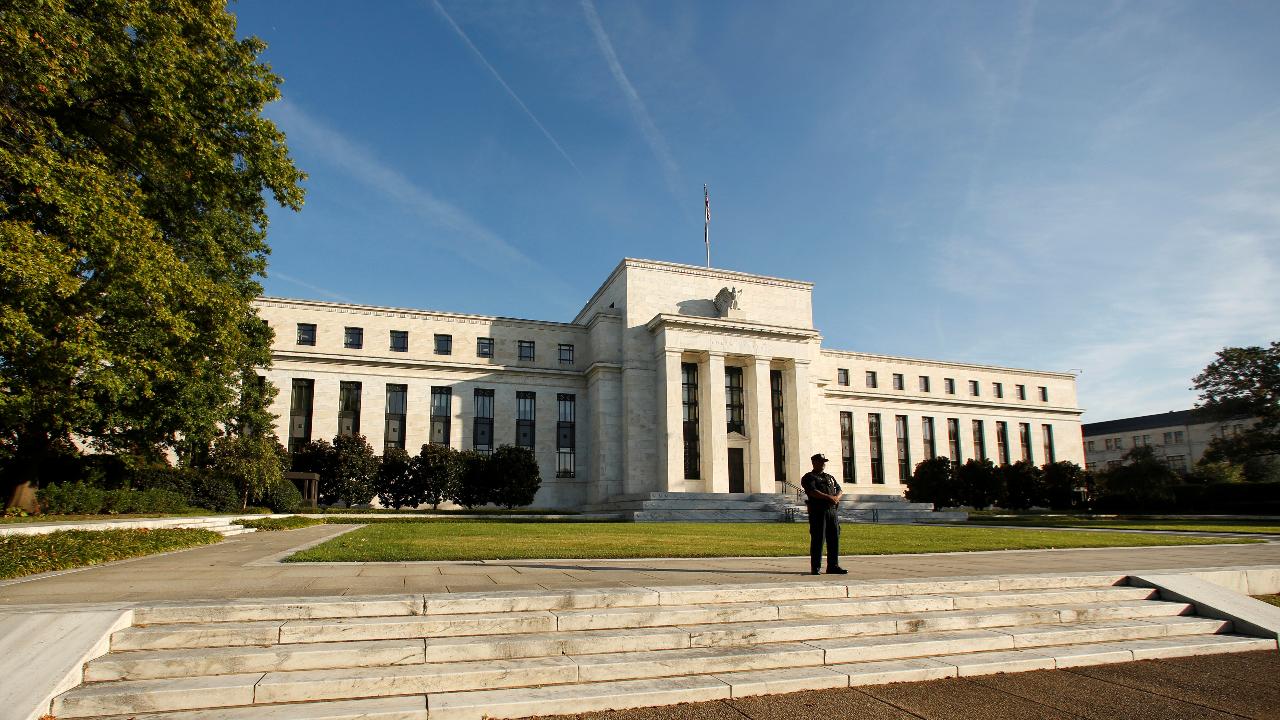Fed rate hike bad news for consumers as housing crisis persists
The Federal Reserve raised its benchmark interest rate on Wednesday by one-quarter of a percentage point, which could add new obstacles for homebuyers in an already challenging housing market environment.
“Homebuyers are already being challenged because of the rising home prices – much faster than income growth – but the added push of interest rate growth is a double-whammy for consumers,” Lawrence Yun, chief economist and senior vice president of research at the National Association of Realtors (NAR), told FOX Business. “It’s not good news for consumers.”
The NAR said home prices rose in April, marking their 74th month of consecutive year-over-year gains. The median home price was $257,900 in April, up more than 5% from the year prior.
Adding higher mortgage rates to that picture could put homeownership out of reach for some buyers on the margin. A rate hike on Wednesday marks the central bank’s seventh since the end of 2015.
However, what may be more important for housing market watchers is the Fed’s future projections as it continues on the path toward policy normalization.
Dan North, chief economist at Euler Hermes North America, told FOX Business that while today’s hike may be priced into the market, future hikes – of which three to four are expected this year – suggest the housing market is “entering an increasingly difficult situation.”
The 30-year fixed mortgage rate climbed to its highest level in seven years in recent weeks. Rates rose 15 out of the first 21 weeks of this year, the largest share since at least 1972.
Higher mortgage rates could also exacerbate the inventory crunch if they deter current homeowners from selling and buying a new property at those higher rates.
However, rising mortgage rates may not be a “housing market showstopper,” according to Robert Dietz, chief economist at the National Association of Homebuilders, thanks to the after-effects of the Tax Cuts and Jobs Act.
“We know rates are going up – it’s going to affect affordability, but incomes are rising, after-tax incomes are rising,” Dietz told FOX Business. “If rates go up because [the positive effects of] tax reform made interest rates rise, that’s a positive.”
The real challenge in the market right now, he said, is a lack of inventory.
“It is the defining characteristic of the housing market … I expect it to continue to be for the rest of this economic cycle,” Dietz said.
A lack of inventory has hurt sales as home construction per household nears its lowest level in 60 years, according to the Kansas City Federal Reserve. This comes a decade after a construction bubble produced a massive amount of excess supply and helped to precipitate the financial crisis.
The National Association of Home Builders predicts there will be fewer than 900,000 new home starts this year, even though the market could absorb 1.2 million to 1.3 million, indicating another year of underbuilding.
A lower supply of homes, coupled with strong demand, is what is leading to higher prices. Neither Dietz nor Yun expect the inventory crunch to disappear over the short-term.
For buyers who are looking to get into the market right now, Yun cautions that there is a permanently higher interest rate environment, so don’t wait for rates to decrease any time soon. He also said individuals should remain alert about new listings coming onto the market. As previously reported by FOX Business, the average number of days a property was on the market in April was 64 – the lowest level since the recession.
Finally, it’s important to stay within your budget, which might mean prospective buyers may need to scale down expectations, Yun added.




















